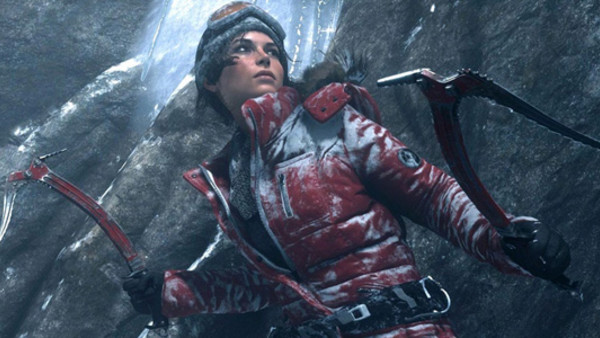7 Video Game Characters That Completely Changed After Fan Backlash
5. Lara Croft - Rise Of The Tomb Raider

The new version of Tomb Raider never capitalised on its reinvigorating reboot, which did a stellar job of reshaping the classic franchise for modern audiences. That game did almost everything right, boasting a grittier story, more intense combat, and contemporary traversal gameplay - but it didn't quite nail its hero.
This version of Lara Croft was much more relatable than her uber-posh, uber-moralistic predecessor, but the issue was the developers seemed obsessed with defining her character through punishment. The problem wasn't that Tomb Raider shouldn't be a violent, R-rated franchise, it's that repeated bodily punishment ended up being a lazy way for the writers to define Lara as a "strong female character".
This opinion only worsened when dodgy comments from the developers were brought to light, with designers describing how Lara would be defined through experiences of kidnapping and attempted rape. Portraying sexual assault in media isn't inherently bad, but the general consensus was that these themes weren't included for the right reasons, with the devs explaining they wanted the player to "want to protect her" rather than explore the effects of these horrific actions in the narrative.
Thankfully, the next two games moved away from this idea, and instead gave Lara far more agency in her own story. She was no longer simply a reactionary hero trying to survive constant abuse, but a strong character with her own motivations and shortcomings.
Fans no longer wanted to protect her, they wanted to be her.